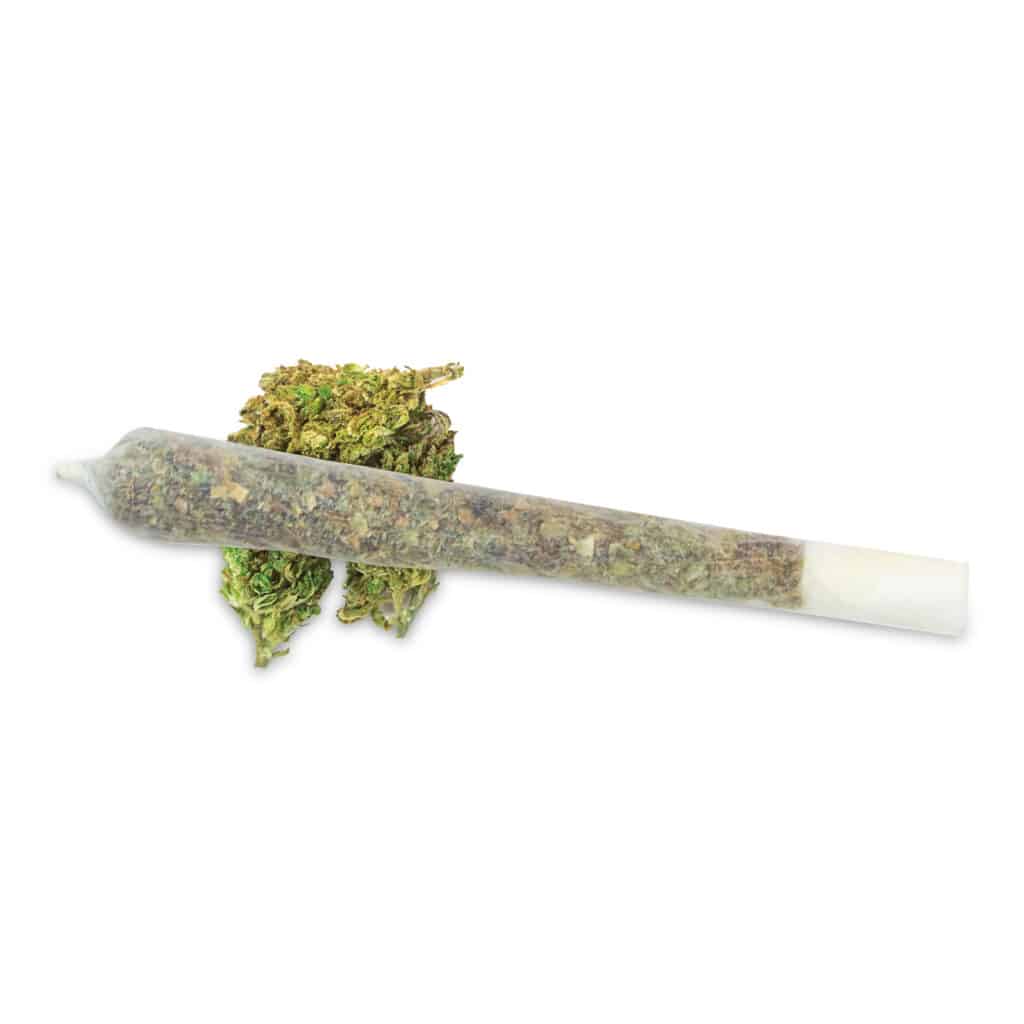Marijuana
Marijuana can cause unpleasant physical and mental effects.
Learn the facts.
Learn the Effects of Marijuana
Marijuana is the most commonly used illicit drug in the US. While a majority of Idaho youth don’t believe that marijuana is harmful to their health, there is more research that should be considered before writing off the risks.



Frequently Asked Questions
We encourage you to click through to the linked sources to find more detailed information—so you can make informed decisions about your health.
- altered senses, including sense of time
- changed in mood
- difficulty with thinking and problem solving
- impaired memory
- hallucinations or delusions (when taken in high doses)
- inability to focus
- increased appetite
- coordination problems
- sleepiness
- restlessness
- rapid heart rate
- dry mouth and eyes
- confusion
- feeling sick or faint
- anxiety or paranoia
Frequent marijuana use is associated with an increased risk for lung diseases (such as bronchitis and emphysema) and mental health disorders (such as depression, anxiety, and acute psychosis). Research shows that marijuana negatively affects cognition and suggests that people who use marijuana often experience adverse impacts such as lower academic and career success and difficulty building connections in relationships.
Not Everyone is doing it.
While it might seem like most teens and young adults use marijuana, that’s not the case. Did you know that according to the Idaho Youth Survey, 88.5% of Idaho youth said that they choose not to use marijuana? That’s a lot different than most teens think! Reach out to your friends at UYLC’s Youth Advisory Board if you have more questions, would like ideas for saying “no” when you feel pressured, and/or want to hang out with people who have fun without using marijuana.
Seeking Help?
Get real support when you need it.
Resources
Resources for parents, teens, and kids.
Programs
Community programs to stay involved.
Calendar
Annual and current events coming up.
